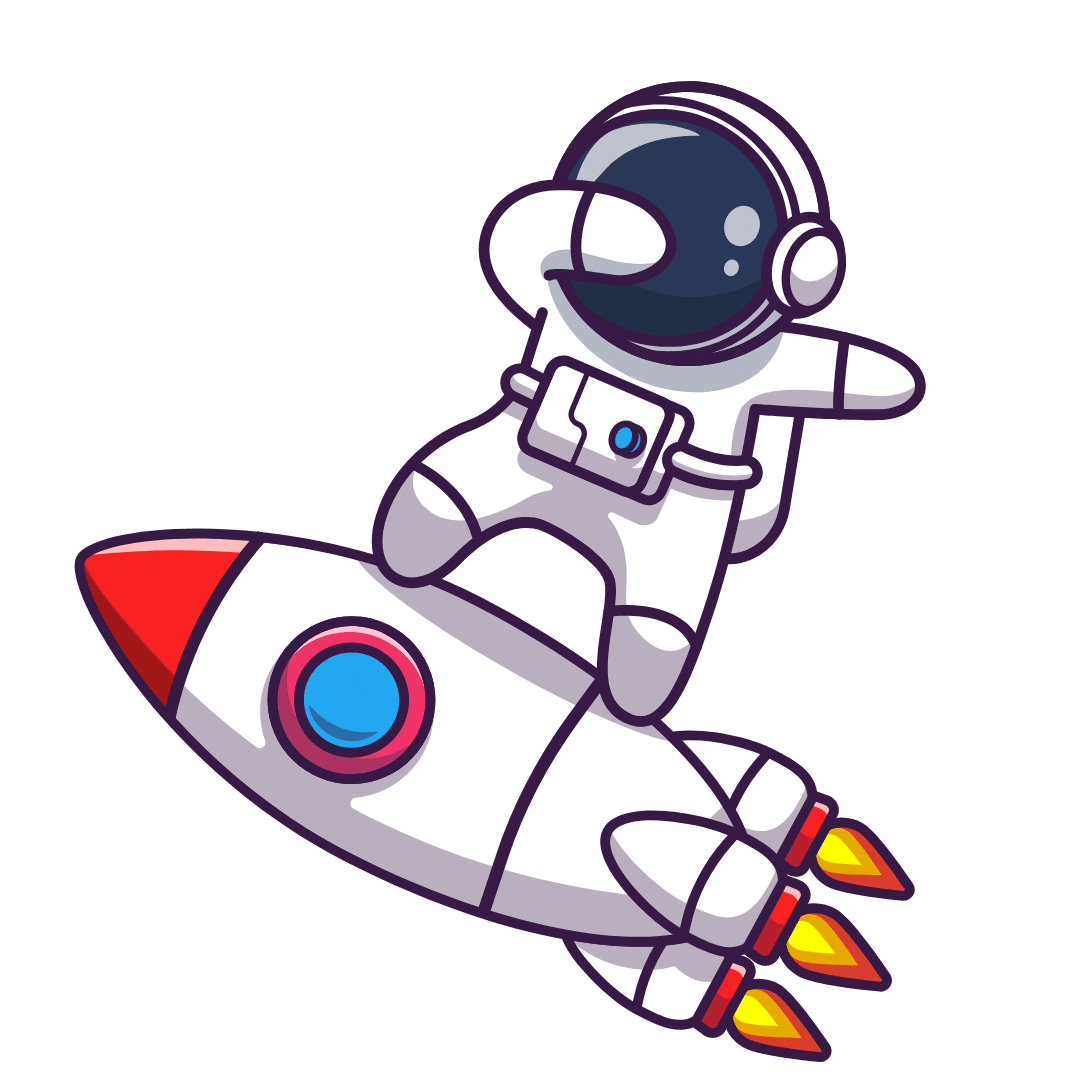Marketing today is more competitive than ever, and businesses are constantly searching for ways to reach the right customers and achieve better results. Artificial intelligence, or AI, has emerged as a game-changing tool that helps marketers work smarter and faster. By 2025, AI has moved beyond experimentation and is now a core part of effective marketing strategies. It can automate routine tasks, predict what customers want, and provide insights that help make better decisions.
In this blog, we will explore the top benefits of AI in marketing, share examples of how companies are using it successfully, and explain how it can help boost your return on investment.
Key Benefits of AI in Marketing
In simple terms, AI uses smart algorithms and data-driven systems to analyze customer behavior, automate repetitive tasks, and improve marketing strategies. By handling work that once took hours of manual effort, AI allows marketers to focus more on creativity and planning.
The key advantages of AI in marketing include automation, personalized experiences, predictive insights, better decision-making, cost savings, and faster campaign results. Let’s explore each of these benefits in detail.

Automation of Repetitive Tasks
AI saves marketers time by handling routine tasks efficiently. Key examples include:
- Email Campaigns: AI-powered email marketing tools can schedule messages, segment audiences, and personalize content automatically, ensuring timely and relevant communication with each subscriber.
- Social Media Management: Platforms can plan, schedule, and optimize posts based on user engagement patterns, helping brands maintain a consistent online presence without constant manual input.
- Report Generation and Analysis: AI can automatically collect data, generate reports, and analyze performance metrics, providing insights without needing marketers to compile information manually.
By automating these tasks, marketers can focus on strategy, creative ideas, and improving overall campaign results.
Data-Driven Decision Making
AI helps marketers make smarter decisions by analyzing large volumes of customer data in real-time. It can identify trends in customer behavior, highlight the most effective campaigns, and recommend where to allocate marketing budgets for the best results. Predictive models can even pinpoint leads that are more likely to convert, allowing sales and marketing teams to focus their efforts efficiently. Using AI insights ensures that marketing campaigns are not only creative but also strategic, targeted, and results-driven.
Enhanced Personalization
AI enables businesses to deliver highly tailored experiences that resonate with each customer. Key applications include:
- Email Campaigns: Create personalized messages with offers and content designed specifically for each subscriber, boosting engagement and conversions.
- Website Content: Dynamic pages adapt based on user behavior, showing products, articles, or recommendations that match individual interests.
- Targeted Ads: Ads are customized using data from previous interactions and preferences, ensuring that every marketing message feels relevant and timely.
By leveraging AI for personalization, brands can strengthen customer loyalty, increase satisfaction, and deliver the right message to the right audience at the right time, all while managing campaigns at scale.
Predictive Analytics
AI in marketing goes beyond analyzing past performance by forecasting future trends. Predictive analytics uses historical data to help marketers anticipate what will resonate with their audience and plan campaigns accordingly. For example, AI can identify which content topics are likely to generate high engagement, anticipate shifts in customer behavior during seasonal periods, and highlight which customers may be at risk of losing customers, enabling actions to keep them engaged.
These insights help marketing teams make informed decisions, reduce wasted effort, and focus resources where they will have the greatest impact. By using predictive analytics, businesses can ensure their campaigns are not only reactive but strategically aligned with anticipated customer needs, ultimately improving return on investment and long-term growth. Marketers report that AI agents now flag performance dips and recommend budget shifts in real time, making campaigns more agile and efficient.
Improved Customer Insights
AI allows marketers to gain a deeper understanding of their audience by analyzing behavior, preferences, and sentiment across multiple channels. Key benefits of AI in marketing include:
- Better Audience Understanding: Discover insights about demographics, interests, and preferences that may not be obvious with traditional methods.
- Enhanced Segmentation: Group customers more effectively for targeted campaigns.
- Real-Time Feedback: Monitor reactions to campaigns and content instantly to adjust strategies accordingly.
By leveraging AI-driven insights, businesses can create marketing that is more relevant, engaging, and effective, leading to improved engagement and higher return on investment.
Cost Efficiency
AI in marketing is not just a time saver; it is also a powerful tool for reducing costs. By automating routine processes and optimizing campaigns with real-time data, businesses can prevent wasted spending. For example, AI can identify high-value leads and focus advertising budgets where they are most likely to generate results. It also minimizes the need for extensive manual labor, as many repetitive tasks are handled automatically.
AI can detect underperforming campaigns early, preventing unnecessary expenses and ensuring that resources are used efficiently. Overall, cost efficiency through AI allows companies to achieve better outcomes while spending less, making marketing both smarter and more sustainable.
Faster Campaign Optimization
AI enables marketers to adjust campaigns quickly based on real-time performance data, eliminating the delays of traditional methods. Paid advertising campaigns can be adjusted immediately for better bids and targeting, while email campaigns can be tested and optimized for subject lines, timing, and content. Websites can personalize the user experience on the spot, showing content and recommendations that align with individual behavior.
This speed and flexibility allow campaigns to continuously improve without waiting for post-campaign analysis. Faster optimization ensures that marketing efforts are always aligned with audience needs, maximizing engagement, conversions, and overall return on investment.
Examples of AI in Marketing Delivering ROI
AI is transforming marketing across industries, helping businesses save time, personalize experiences, and improve results. Here are some real-world examples of how companies are using AI effectively:
Personalization and Recommendations
Netflix uses AI to suggest movies and shows based on a user’s viewing history, making recommendations more relevant.
Amazon provides personalized product suggestions to improve the shopping experience and increase sales.
Starbucks leverages its AI platform “Deep Brew” to send tailored messages and recommendations to individual customers.
Automation and Optimization
Programmatic advertising uses AI to automate ad buying and placement, targeting specific audiences in real time. For instance, Audi can reach users interested in luxury cars without manual input.
Email marketing tools employ AI to predict the best send times and personalize content for higher engagement.
HubSpot and Salesforce use AI to automate marketing workflows and manage CRM functions efficiently.
Content Creation
Heinz created an ad campaign using AI-generated images to enhance creativity.
BuzzFeed personalizes quiz content with AI to engage users better.
Grammarly assists marketers by improving writing and editing for content accuracy and clarity.
Coca-Cola developed an AI-powered platform to generate assets for its “Create Real Magic” campaign.
Customer Service
Sephora uses AI chatbots to offer personalized beauty advice and answer customer questions instantly.
Ticketmaster leverages chatbots to provide quick, tailored support for ticket buyers.
These examples show that AI is not just automating tasks but also creating smarter, more personalized marketing experiences that improve customer satisfaction and drive measurable results.
Final Thoughts
The role of AI in marketing is becoming increasingly vital as businesses strive to achieve better results with greater efficiency. AI enables automation, predictive insights, personalized campaigns, and smarter decision-making, allowing marketers to focus on strategy and creativity rather than repetitive tasks.
Although there are challenges to using AI, such as ensuring data quality and maintaining authenticity, the advantages far outweigh the risks. AI helps deliver highly targeted campaigns, improves customer engagement, and drives measurable returns on investment.
By integrating AI thoughtfully alongside human creativity, businesses can create marketing strategies that are both efficient and emotionally resonant. Companies that adopt AI now will be better equipped to increase conversions, grow revenue, and stay competitive in 2025 and beyond.
FAQ’s
What are the main benefits of AI in marketing?
AI brings a lot to the table for marketers. It handles repetitive tasks automatically, giving your team more time to focus on creativity and strategy. At the same time, it helps deliver highly personalized experiences, showing the right content to the right audience at the right time.
How does AI improve marketing ROI?
AI can seriously boost your ROI by making campaigns smarter and more precise. It analyzes data to find which leads are most likely to convert, helping your team focus on the right customers. Personalized content and messaging also increase engagement and the chances of turning prospects into buyers.
Can AI replace human marketers?
Not at all. AI is a powerful assistant, but it cannot replace the creativity, intuition, and emotional touch humans bring to marketing. AI handles repetitive work, analyzes data, and offers insights, freeing humans to focus on strategy, storytelling, and building meaningful connections with customers.
What are the top AI tools for marketing in 2025?
There are plenty of great AI tools that help marketers work smarter. HubSpot AI can automate workflows, send personalized messages, and track performance. Salesforce Einstein predicts which leads are most likely to convert. Jasper and Copy.ai make content creation faster and easier, while Sprout Social helps manage social media more effectively.
Is investing in AI worth it for small businesses?
Absolutely. AI levels the playing field for small businesses. Even with a small team, you can automate repetitive tasks, personalize customer experiences, and run smarter campaigns.
Curated by Lorphic
Digital intelligence. Clarity. Truth.




